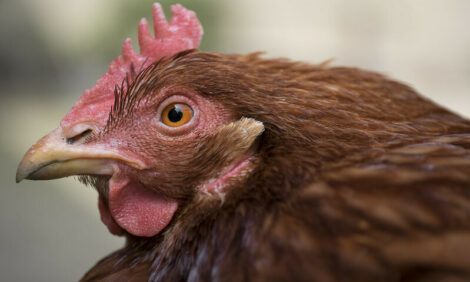



Brazilian Poultry Health Lab Accepted as Global Reference Centre
BRAZIL - Brazil's application for its National Agricultural Laboratory in São Paulo to be an international reference centre for avian flu and Newcastle disease has been accepted by the World Organisation for Animal Health (OIE).A successful application would mean that all the diagnoses made by the laboratory will have global validity, which would allow Brazil to dispense with sending samples to other countries.
The request, sent by Brazil's Agriculture Ministry (MAPA), will be voted on in May this year by the World Assembly of OIE. It is expected the application is approved by the 180 member countries of the institution.
"This achievement is not only from MAPA, but also the entire Brazilian society, especially the poultry industry," said the Agricultural Defence Secretary from MAPA, Luis Rangel.
"There is no doubt that the size of the Brazilian poultry industry and its importance to the economy justify the existence of a world reference laboratory for the diagnosis of Newcastle disease and avian influenza in Brazil."
Mr Rangel said that Latin American countries now have a closer reference centre.
In recent years, the federal government invested approximately 4 million Real per year for maintenance activities in the avian health unit, and equipment acquisition.
In 2006, for example, they applied over 1.2 million Real in equipment for the implementation of molecular biology laboratory.
The disease caused by the influenza virus is contagious and affects wild birds and domestic poultry.
Diagnosis of avian influenza and Newcastle disease, both notifiable diseases, is based on clinical signs, zootechnical aspects and results of laboratory tests.
Brazil is considered free of avian influenza. According to the Department of Animal Health, the constant monitoring of poultry flocks, notification of any suspected cases and the adoption of biosecurity measures are essential to the prevention and early detection of these diseases.








